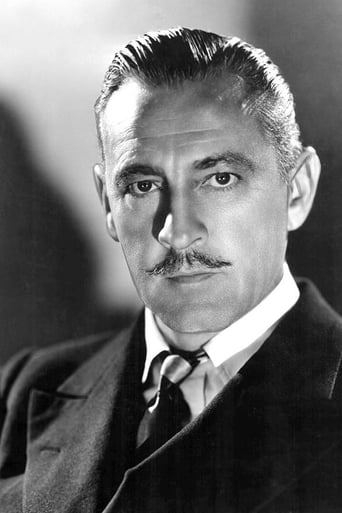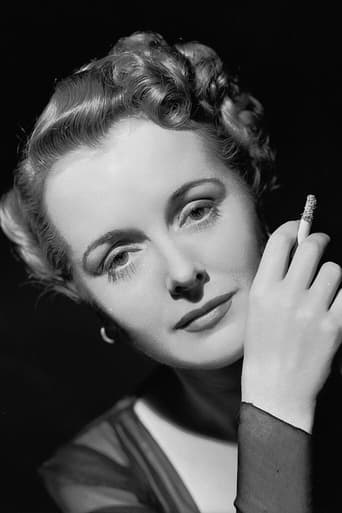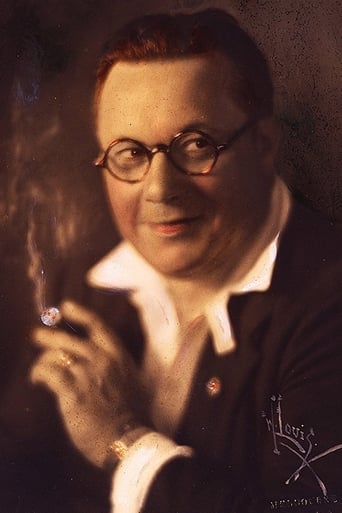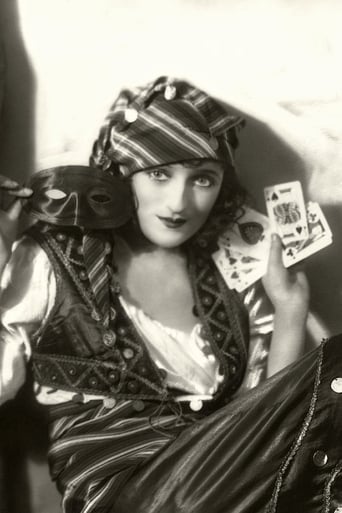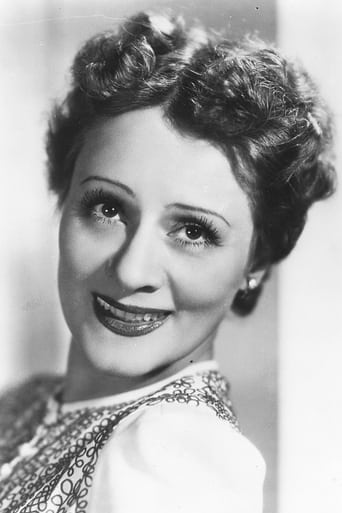Sexylocher
Masterful Movie
Claysaba
Excellent, Without a doubt!!
SincereFinest
disgusting, overrated, pointless
Pacionsbo
Absolutely Fantastic
JohnHowardReid
Director: HARRY BEAUMONT. Screenplay: Dorothy Farnum. Based the 1916 play by Clyde Fitch. Photography: David Abel. Film editor: Howard Bretherton. Art directors: Esdras Hartley, Lewis Geib. Assistant director: Frank Strayer. Art titles: V. Vance. Copyright 14 March 1924 by Warner Brothers. New York opening at the Strand: 30 March 1924. 10 reels. 9,900 feet. 128 minutes. COMMENT: This is actually Willard Louis' film. He plays the Prince of Wales with total finesse, whereas Barrymore is forced to play most of his role in whiteface, which doesn't really suit him, despite director Harry Beaumont's willingness to indulge him with countless shots of his "great profile". It's not until the end of the movie that Barrymore gets a chance to really show off his acting skills, whereas Willard Louis plays his princely caricature as if to the manner born. And it's good to see super-lovely Mary Astor who makes both a charming and believable heroine here. The movie is fortunately available on a superb 10/10 DVD from Warner Archive, as well as a totally unwatchable Televista pressing. A pity all Warner Archive offerings don't always come up to this same impeccable standard. Across to Singapore (1928), for example, would rate only 6/10 in my book due to extensive nitrate decomposition.
runamokprods
It's interesting how much 'wit' can be found even in a film without spoken words. "Beau Brummel" is playful, a little naughty, and at times quite sad. The acting here is notably restrained and natural for a silent film. with John Barrymore leading the way in an excellent performance as Gordon Byron 'Beau' Brummel. Brummel was a real person, even though the film acknowledges up front that his escapades have been largely fictionalized by legend. In this reality, Brummel was an 18th century army officer and dandy, who, despite his lack of wealth or noble blood, partied with the elite, romancing the women, befriending the men, and being a style and trend setter. What gives this a sense of drama to go with the playful social satire is the fact that Beau is denied the one woman he really loves, so his other successes are all a bit hollow. Also, in the end Brummel has little other than his smarts and charm to stand on, which keeps him always one insolent move from falling into poverty and disrepute. There are weak spots. The photography and direction aren't particularly imaginative, with a very stagy feel to the blocking and camera angles. Most of the film is shot in head on, eye level medium 2-shots. The sets also often look a bit more like something designed for the stage than for the 360 degree vision of film. But if this isn't a great film, it's a good, clever, enjoyable one, and a chance to see Barrymore, said by many to be the finest actor of his time, as a comparatively young leading man.
Edgar Allan Pooh
. . . Beau Brummel, world history's most well-known male fashion plate, doesn't recognize a good deal when he has it. Pimp to Britain's crown prince, dining nightly on the best English Haute Cuisine, being proffered a marriage proposal by his wealthy first and only love, "The Beau" throws all this away about 100 minutes into a two-hour story for an opportunity to feed his hedonistic side by going on a steady diet of the still-ballyhooed-today "French cooking." A scene or two later, Mr. Brummel (an actual historical figure) looks like a twin to Quasimodo (otherwise known as "The Hunchback of Notre Dame"). This just goes to show you what happens when you give up the simple pleasures of English boiled dinner for such decadent-sounding gastronomical perversions as "Escargot," which actually consists of garden slime or snails or some such outrage against any stomach in its right mind. If Escargot was not enough to rob Mr. Brummel of his looks and mental faculties, "Foie Gras" no doubt pushed him over the edge. The concept behind Foie Gras is to force-feed ducks and geese to death with "mash," and then to force-feed men to death with the ducks and geese. Brummel was "king of the world" in his native land, but got French-fried six ways from Sunday once he crossed the Channel.
boblipton
What can anyone say about this? Beautiful print, some fine acting by Barrymore -- wonderfully subtle for the period in the early sequences and quite appropriately over-the-top at the end. Given the uniformly over-the-top performances he was called on to make towards the end of his career, the well-preserved Barrymore silents -- this one, his fine, generous performance in THE BELOVED ROGUE, and the sheer electricity between him and Dolores Costello in WHEN A MAN LOVES show what a fine actor he is -- those turns and his wonderful comic work in MIDNIGHT.I have been less than impressed in the past by some of the scores offered by the Young Composers but, although a bit shaky in the earlier sequences, this one settled right down and was quite good.I had quite forgotten this was directed by Harry Beaumont, who became my favorite MGM B director -- even though, of course, MGM didn't make B movies.
